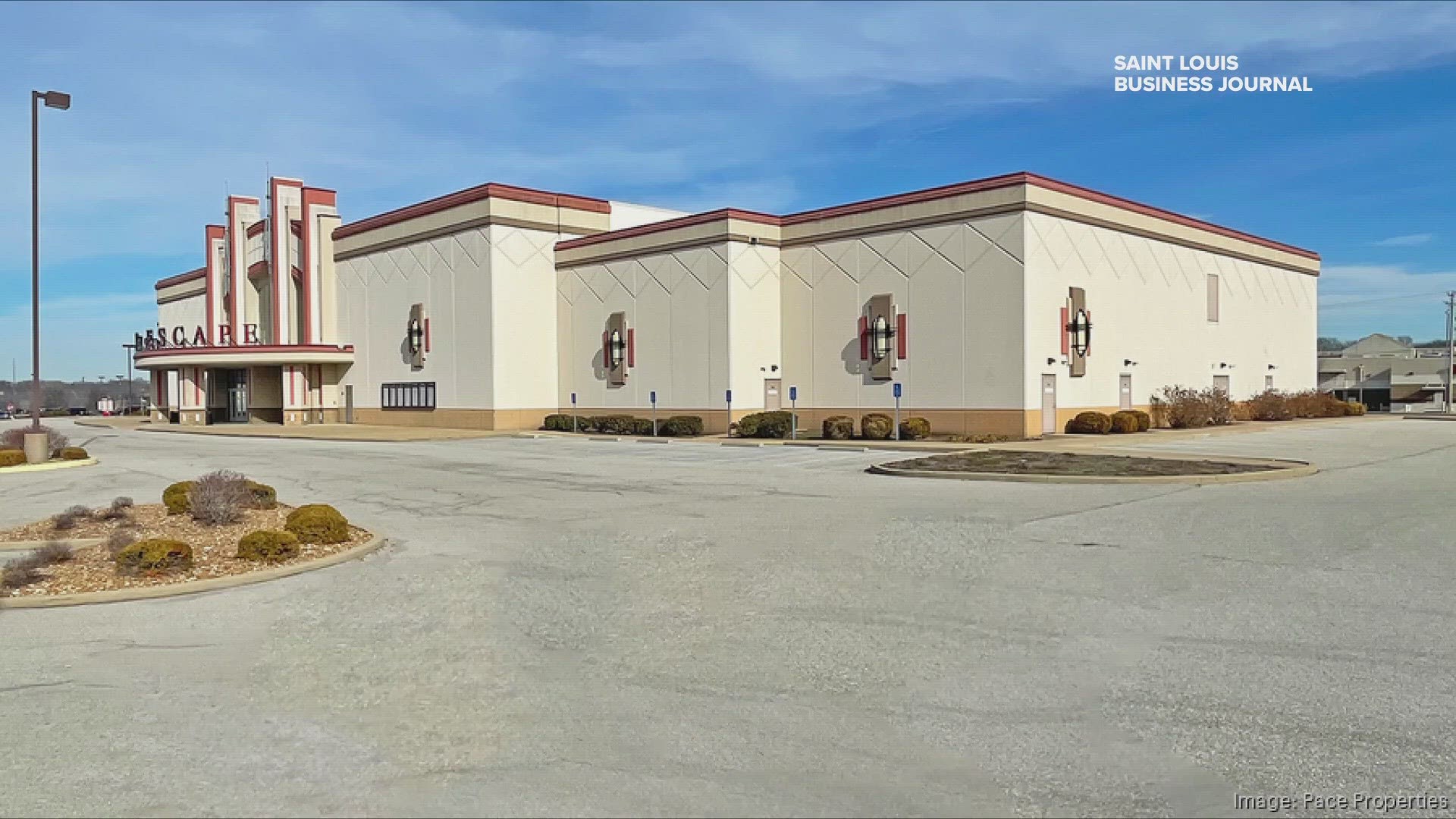ST. LOUIS — In a typical year, the Jim Butler Auto Group has about 1,500 cars in stock at its nine dealerships.
In mid-October, it had fewer than 100 vehicles on the ground.
The auto group's reality is one felt both in St. Louis and around the nation as supply chain disruptions and a shortage of semiconductors began to stymie the supply of new vehicles midway through the year and impact sales and service revenues at car dealerships.
Brad Sowers, president at Jim Butler Auto Group, describes this time as a feeling of whiplash for auto dealers.
"In a normal year, all of our stores would be fully stocked with new vehicles available for purchase," Sowers said. "At this moment, we have fewer than 100 total new cars on the ground across several locations. We are currently selling 80% of our new vehicles before they arrive."
Jim Butler Auto Group is not alone. Frank Leta Auto Group, which typically keeps 250 to 300 cars in stock, now has about 15 to 20 cars in stock at any given time. Jim Trenary Automotive Group, which normally has upwards of 1,100 vehicles in stock, now has around 50 to 500, including pre-owned cars.
“A lot of (the current difficulty in the industry) is due to the supply chain disruptions, particularly a shortage of semiconductors,” said Doug Smith, CEO of the Missouri Automobile Dealers Association and executive vice president of the St. Louis Auto Dealers Association. “That has had an impact on the completion of the assembly process for basically every new car and truck that's in the marketplace.”
Dealerships are desperate to get their hands on vehicles, according to Smith. When shortages initially hit, dealerships traded cars among themselves to get the inventory they needed. As trading has dried up, some dealerships resorted to begging manufacturers for vehicles.
“They're doing the best with what they have to work with," Smith said. "I don't think we've ever seen anything like this in terms of supply disruptions, for new cars especially. And that has had probably the biggest impact on the marketplace since the recession of 2008.”
Click here for the full story.



